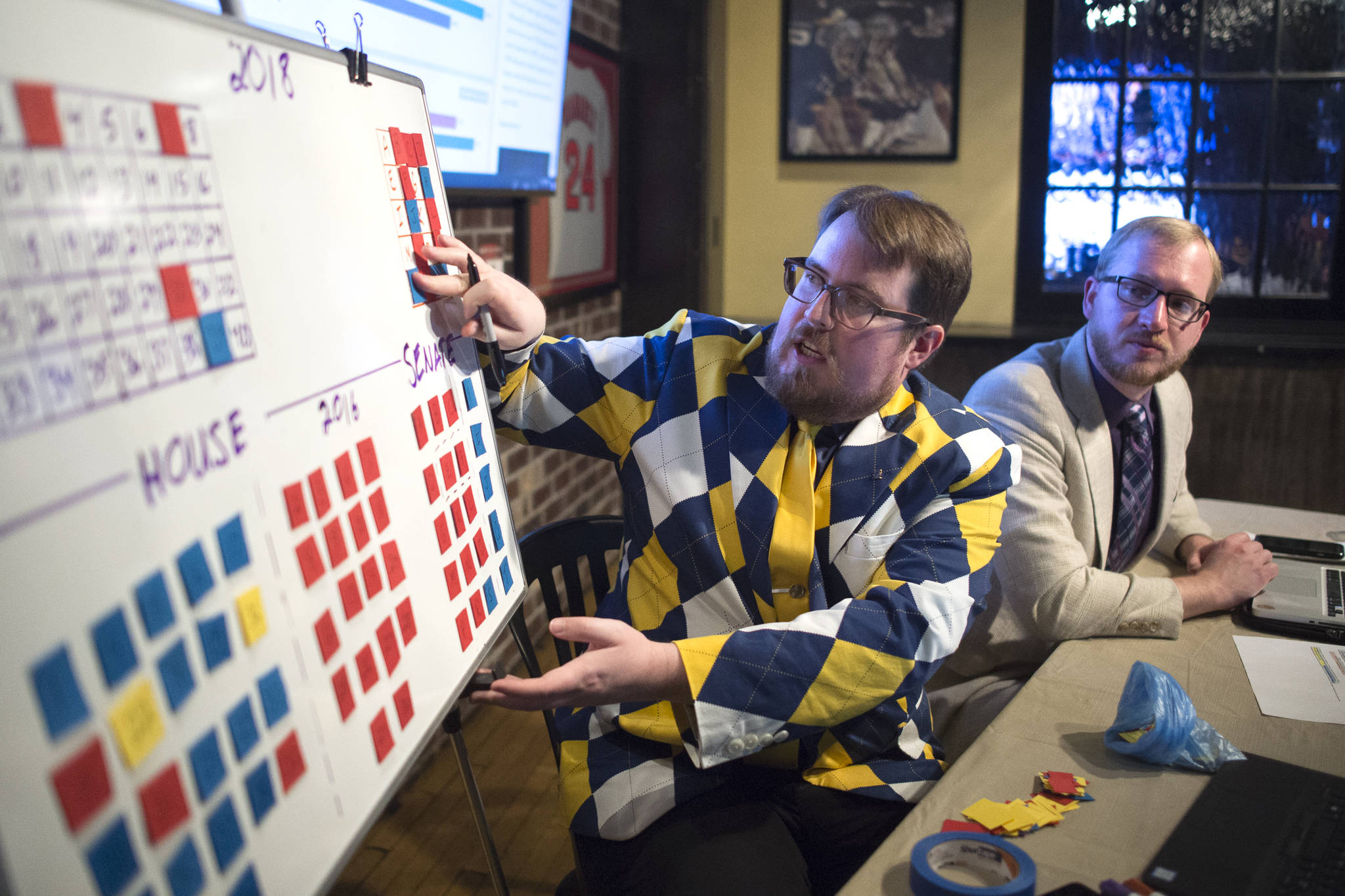After U.S. independence, the country’s population grew, but did not grow equally. Some towns and counties grew much faster and larger than others. In order to keep pace with changing population and provide balance in their legislative bodies, some jurisdictions shifted the number of elected representatives assigned to each district, or reconfigured district lines; others did not.
In a series of court cases starting in the mid-1960s, the Supreme Court decided that large disparities in district populations violated the U.S. Constitution. It required roughly equal population for each legislative district. This meant, to account for population changes, district boundaries must be readjusted every 10 years after each new U.S. Census.
How and when this is implemented can impact future elections significantly. All candidates for the U.S. House, state legislatures and even some municipal assemblies or councils are elected from districts.
Since U.S. senators, governors and other statewide offices represent entire states without regard to districts, redistricting does not affect them. Alaska is one of only seven states that contains just one congressional district representing the entire state, so redistricting doesn’t affect the U.S. House seat now held by Rep. Don Young.
If a state’s population shifts dramatically, it can either lose or gain seats in Congress through re-apportionment. Likewise, within each state, redistricting may result in changing legislative representation. In Alaska, redistricting affects the seats held by our state legislators — 20 in the state Senate and 40 in the state House.
Alaska’s constitution mandates that state legislative lines are drawn by a five-member independent commission. The governor chooses two commissioners. The state Senate president, House speaker, and chief justice of the state Supreme Court each choose one. A commissioner may not be a public official or government employee and must be an Alaskan resident for at least one year. At least one commissioner must be appointed from each of the state’s four judicial districts.
It shouldn’t be surprising that redistricting has led to legal challenges during both Republican and Democrat administrations. This has resulted in the state Supreme Court requiring plan revisions for non-compliance with Alaska constitutional standards.
Alaska districts must be, as much as practicable, equal in population size, socio-economic make-up, and be contiguous and compact — all more exacting than federal requirements — and difficult to achieve in a state as large as ours with widely separated population centers. Assuming compliance with these standards, it would be difficult to “gerrymander” districts in a way that would pass constitutional muster.
Nevertheless, recent demographic trends will have enormous implications for Alaskans and especially those living in Juneau and Southeast.
Despite election races currently pending, Republicans will still likely control both legislative bodies along with the governor’s house. They would also control four of the five appointments to the Redistricting Board and will determine major legislative leadership positions, committee chairs, and therefore, scheduling and control of legislative action.
All three members of Juneau’s newly-elected legislative delegation are Democrat and just one legislator in Southeast Alaska (Sen. Bert Stedman from Sitka) would be in a legislative majority.
Equally important, large population increases in the Mat-Su, coupled with continuing declining population in Southeast, and Juneau in particular, presage a loss of regional representation in the Legislature.
Since 1980, Southeast’s nine legislative seats have declined to six and, given current population trends, may decline even further. Remember, after the 2010 census, redistricting required re-allocation of district boundaries in order to offset declines in Juneau and other areas of Southeast. This resulted in the loss of one house seat to Wasilla, requiring Haines, Skagway and Gustavus to be absorbed into Juneau’s downtown district.
This doesn’t bode well for our region’s ability to influence state operating and capital expenditures (especially in connection with the marine highway system) or future debates regarding the location of Alaska’s capital or legislature.
Long term, in order to stem our region’s dwindling political clout, Juneau and Southeast should consider working with our new administration and legislative majorities to embrace economic growth that will provide stable jobs and a lower cost of living — thereby attracting additional population to our communities.
The alternative is to do nothing and watch our communities continue to shrink in population and influence.
• Win Gruening retired as the senior vice president in charge of business banking for Key Bank in 2012. He was born and raised in Juneau and graduated from the U.S. Air Force Academy in 1970. He is active in community affairs as a 30-plus year member of Juneau Downtown Rotary Club and has been involved in various local and statewide organizations. He contributes a regular column to the Juneau Empire. My Turns and Letters to the Editor represent the view of the author, not the view of the Juneau Empire.

